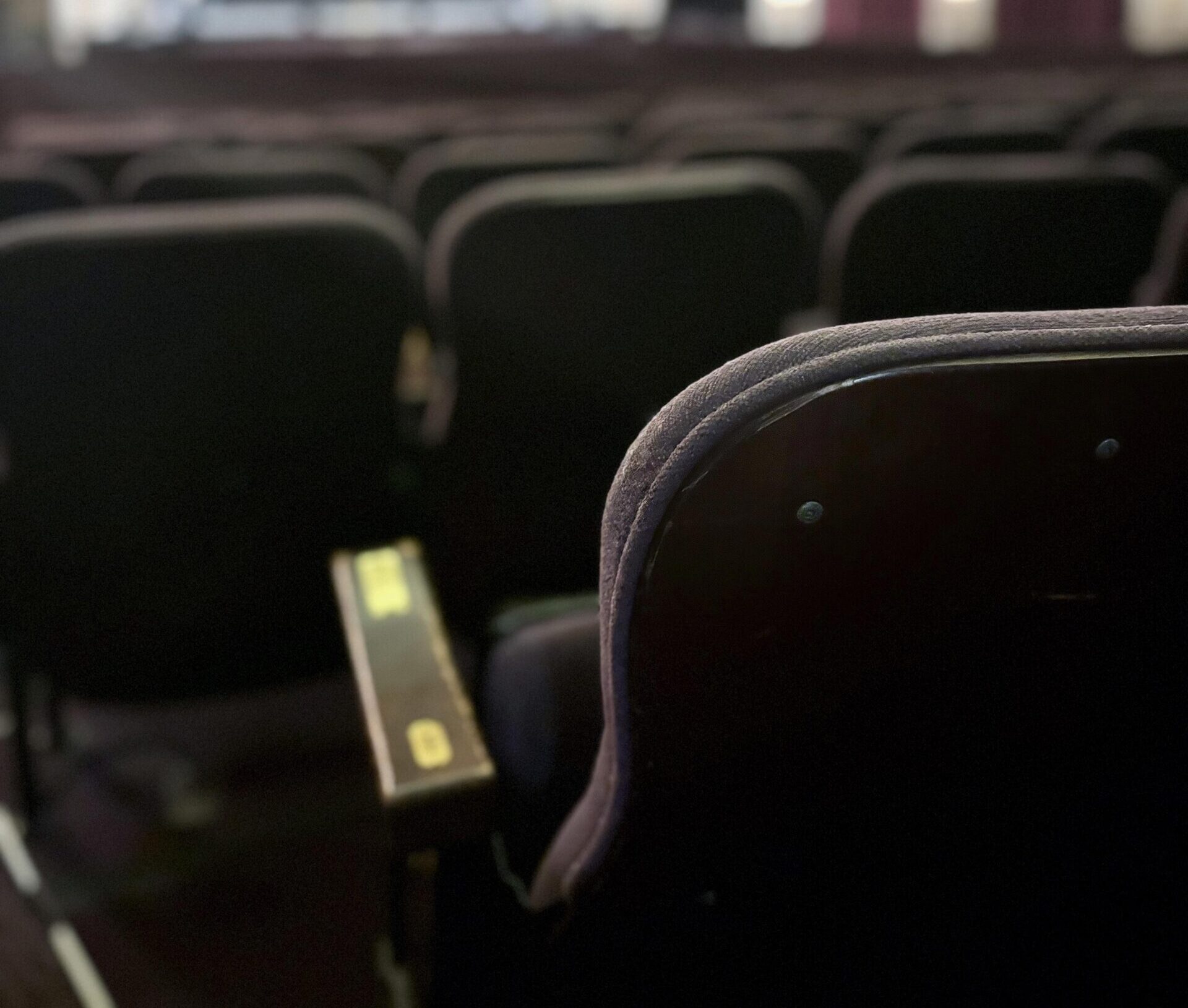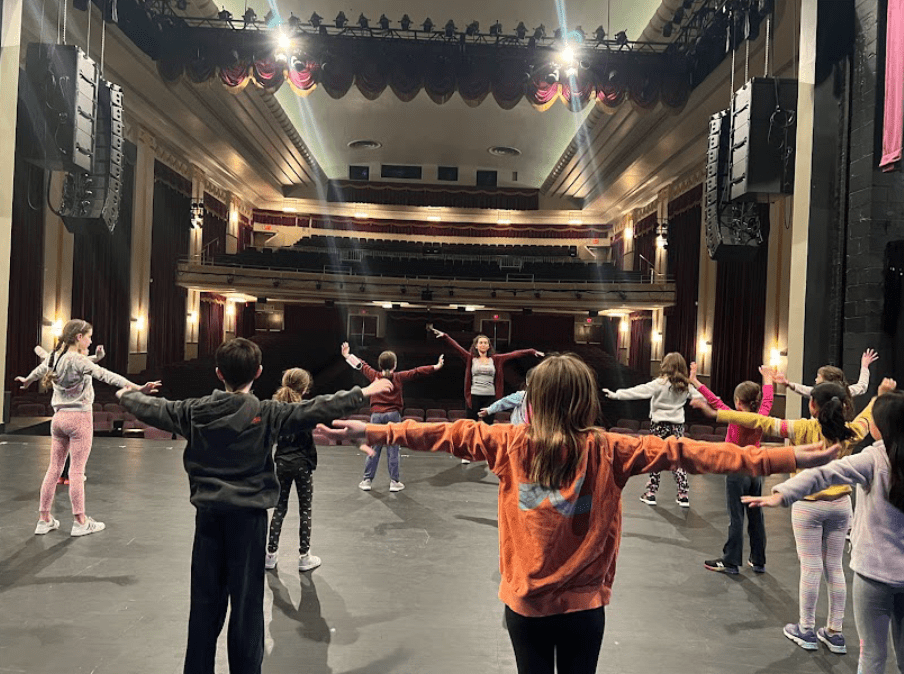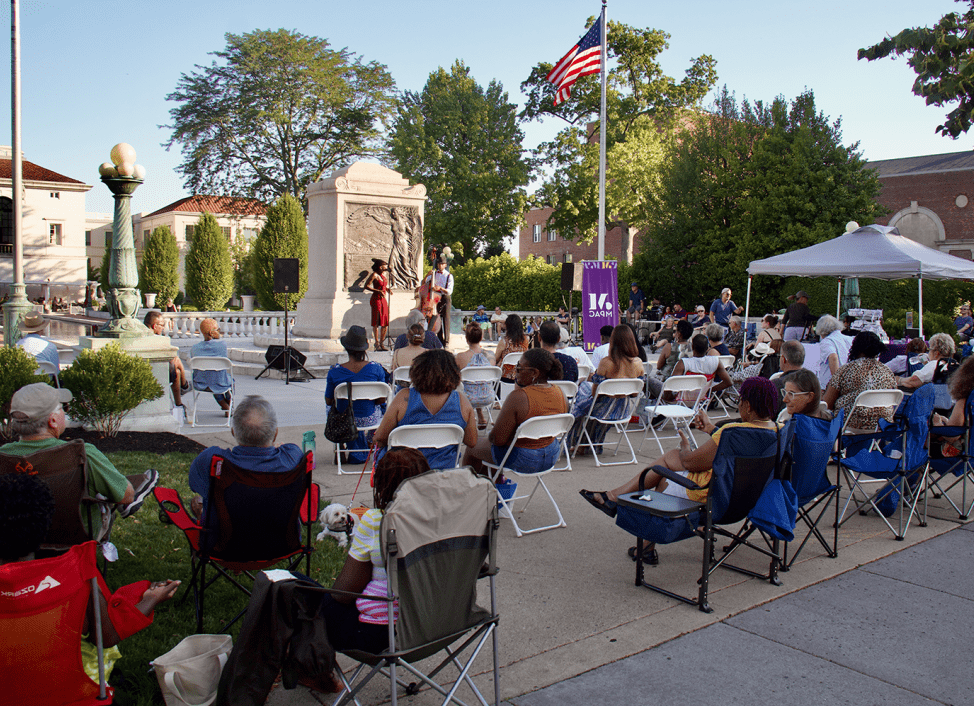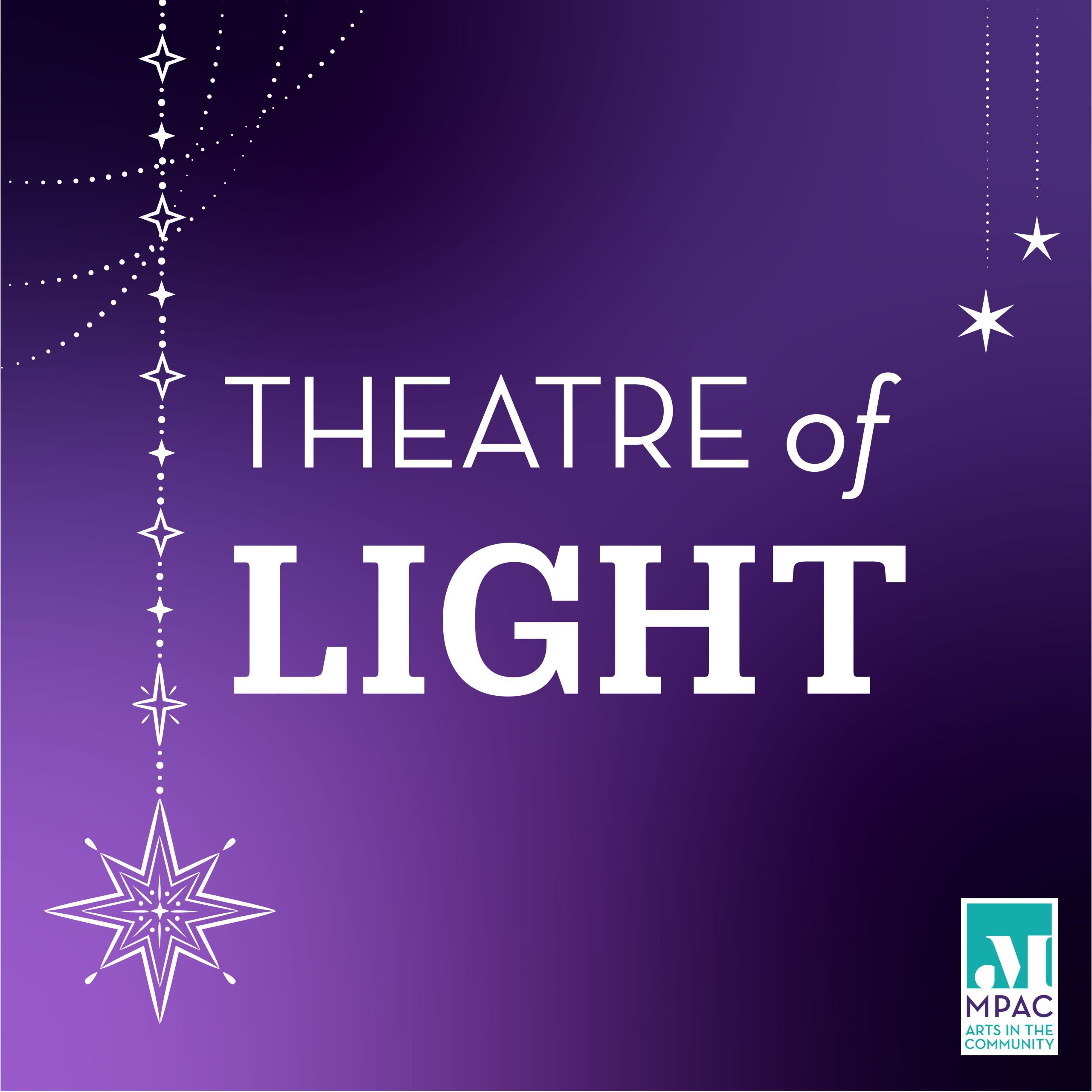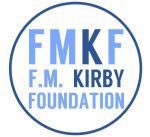Chick Corea and Bela Fleck
Two musical worlds collide as two master musicians share the stage. As a duo, pianist Chick Corea and banjoist Bela Fleck perform with intricate precision and verve, swerving through remarkable and breathtaking excursions of parallel lines, then each musician going his own way, but weaving back again in perfect sync.
Click here to listen to the new song “Bugle Call Rag”.
In an unlikely pairing of piano and banjo in 2006, Chick Corea and Béla Fleck joined together to explore the unexplored. Their proposed project, pairing one of jazz’s most prominent instruments with one relegated to “miscellaneous” in critics’ polls, was uncharted territory. But Corea (an admirer of the banjoist’s bluegrass-meets-bebop band the Flecktones) and Fleck (long inspired by Corea’s Return to Forever ensemble) went into the studio with new material they had written for the recording date.
The result: The Enchantment, which was not only deemed one of the best recordings of 2007 but also sparked multiyear international live tours where sold-out crowds were treated to Corea’s and Fleck’s genre-shattering, jaw-dropping display of technical mastery—all delivered with deep emotion and an unexpected spirit of play.
The most compelling performances culled from those years of touring comprise Two, the simply titled, live double-album, scheduled for release on September 11, 2015 on Concord Jazz. The track list includes compositions from The Enchantment, which are re-worked with boundary-stretching improvisation, Corea and Fleck classics, as well as choice new music added to the repertoire along the way.
On Two, the mutual respect and appreciation of each other’s music come to the fore. “We love to be spontaneous,” says Fleck on his collaboration with Corea. “Playing with Chick is one of the high-water marks in my musical life, and I’m amazed and proud that it came to be.” Corea returns the compliments: “Béla is a continuous fountain of creativity. He always maintains a spirit of inquiry and high-level musical judgment. His work ethic is impeccable. That’s always inspiring to me.”
How the Two project got off the ground, eight years after the release of The Enchantment, originated with Chick’s enthusiasm for the live shows. “Chick asked me if I would consider producing this [live] project, and I was thrilled, not only for the vote of confidence, but because of the opportunity to learn from listening,” says Fleck.
Fleck continues, “I listened to nearly all of the shows last summer. I would go for long listening runs on the beach in Oregon. I’d make notes on my iPhone when something particularly grabbed my attention. I ran faster when the shows were on fire. Gradually I became a connoisseur of our duo shows…. After I had locked down my own opinions [of my favorites], I sent the music to Chick for his review. Thank goodness he was really into the performances, and pleased with the choices.”
Adds Corea: “Béla did most of the listening. I have a good recall of what went down, though—how many shows really felt special, how many great takes we had of each piece. So it was just a matter of making the decision: ‘Let’s use this one,’ but Béla’s tastes gave it that extra certainty. The choices he sent me were killing. He picked some of the wilder takes. I like that.”
The duo ventures into the bluegrass zone with the tune “Bugle Call Rag.” Fleck recalls that he played Corea some Flatt & Scruggs music on a long night drive in a car between shows. “Chick really dug this song, so I suggested we fool around with it for fun,” he says. “‘Bugle Call Rag’ was widely played as a jazz tune going all the way back to Benny Goodman, before becoming a bluegrass standard. I love our version because it is clearly such an off-the-cuff meeting of two worlds.” Corea says, “This is one of my favorite takes of the whole project—for how spontaneous it was and how different playing this tune made me play. I kept thinking what Art Tatum would have done with a fast bluegrass groove like this. He would have eaten it up.”
Piano and banjo? It might be brought to question how enduring the matchup could be, but with the release of Two, the pair of instruments sound like they were made for each other. “With Béla, our duet is simpatico and comfortable,” says Corea. “And it’s also spiritual. Whatever we do is guaranteed to be music at the highest level.”
Chick Corea has attained iconic status in music. The keyboardist, composer and bandleader is a DownBeat Hall of Famer and NEA Jazz Master, as well as the fourth-most nominated artist in Grammy Awards history with 63 nods – and 22 wins, in addition to a number of Latin Grammys. From straight-ahead to avant-garde, bebop to jazz-rock fusion, children’s songs to chamber and symphonic works, Chick has touched an astonishing number of musical bases in his career since playing with the genre-shattering bands of Miles Davis in the late ’60s and early ’70s. Yet Chick has never been more productive than in the 21st century, whether playing acoustic piano or electric keyboards, leading multiple bands, performing solo or collaborating with a who’s who of music. Underscoring this, he has been named Artist of the Year twice this decade in the DownBeat Readers Poll. Born in 1941 in Massachusetts, Chick remains a tireless creative spirit, continually reinventing himself through his art. As The New York Times has said, he is “a luminary, ebullient and eternally youthful.”
Béla Fleck is often considered the premier banjo player in the world. A New York City native, he picked up the banjo at age 15 after being awed by the bluegrass music of Flatt & Scruggs. While still in high school he began experimenting with playing bebop jazz on his banjo. In 1980, he released his first solo album, Crossing the Tracks, with material that ranged from straight ahead bluegrass to Chick Corea’s “Spain.” In 1989 he formed the genre-busting Flecktones, with members equally talented and adventurous as himself.
Throw Down Your Heart, Fleck’s latest album, is his most ambitious project to date. In on-location collaborations with musicians from Uganda, Tanzania, Senegal, Mali, South Africa and Madagascar, Béla Fleck explores the African origins of the banjo, the prototype of which was brought to American shores by African slaves.
The recipient of Multiple Grammy Awards going back to 1998, Béla Fleck’s total Grammy count is 14 Grammys won, and 30 nominations. He has been nominated in more different categories than anyone in Grammy history.




